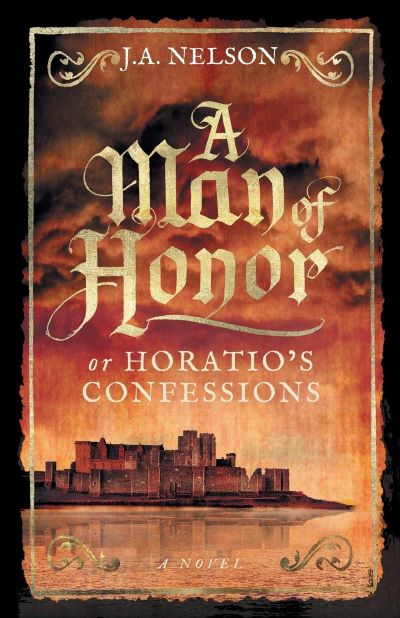review copy provided by William Morrow via TLC Book Tours
Synopsis:
Geoffrey Tremont is untroubled by his neat, contented bachelor life in bustling New York City. On an ordinary day, Geoffrey arrives home to find a letter awaiting him with a postmark from an unfamiliar town: Shady Grove, New York. An old friend has named him the executor of her estate. Twenty years ago, in college, Geoffrey and Laura Welles had been each other’s confidant; as their lives diverged, they went their separate ways. Now she’s reached out of the past to ask him a final favor.
Traveling up to Laura’s hometown, Geoffrey meets Marian Ballantine. A widow living in the shadow of an idyllic marriage and now grieving the loss of her best friend, Marian knows a lot about Geoffrey. Laura often spoke of him, she tells him, and though he’s flattered, he’s also thrown off balance. From the moment he first sees her, Geoffrey instinctively knows this attractive, plainspoken woman has the power to upend his cool, compartmentalized life.
The First Warm Evening of the Year is a gripping and evocative novel that resonates on every page with the joys and pains of being alive.
My Take:
The First Warm Evening of the Year was a real treat. It is a love story, but not really a typical romance novel. It examines new love and past love, but not really young love. I found the story to be introspective, thoughtful, and more mature than most of the romance-type novels I've read of late. I hate to even call it a romance, I will refer to it as a love story instead. This is one that needs to be read and not read about, so no extensive plot summary here.
It is a love story but it also examines loss and grief and the ways these can take over a life. The novel looks at relationships and life and the way we each choose to live our lives. I thought the contemplative, self-examination that Geoffrey and Marian engage in was actually refreshing. I liked the pacing of the book – not a head-long rush, but a much slower, consider everything kind of pace. I was pleased that the characters were a bit older, hopefully wiser, and felt they needed to really think about the implications of their actions and what was the best thing for their lives. There is a lot of soul searching and frank examination of life and decisions made and the consequences of those decisions.
This is one of those books that the reader will probably continue thinking about long after they have finished reading it. I will definitely be recommending it to my friends and my book club.
About Jamie M. Saul
 I was born and raised in the Bronx, New
York, attended public school there, and graduated from DeWitt Clinton
High School, an all-boys school, at the time, with renowned alumni that
includes Richard Avedon, the great photographer; novelist James Baldwin;
playwrights and screenwriters Paddy Chayefsky and Neil Simon; and
several famous actors, film directors, and athletes. I received my
bachelors degree in English from Indiana State University in Terre
Haute, Indiana.
I was born and raised in the Bronx, New
York, attended public school there, and graduated from DeWitt Clinton
High School, an all-boys school, at the time, with renowned alumni that
includes Richard Avedon, the great photographer; novelist James Baldwin;
playwrights and screenwriters Paddy Chayefsky and Neil Simon; and
several famous actors, film directors, and athletes. I received my
bachelors degree in English from Indiana State University in Terre
Haute, Indiana.For most my life, all I wanted to do, which is to say the only thing I wanted to be, was a writer, and all my energies were directed toward that goal. Most everything else about me that is pertinent can be found in the P.S. material at the back of the Harper Perennial edition of my novel Light of Day. I can add that my life has been and still is fairly unremarkable. I have very little in common with the characters of Light of Day. I don’t have any children. I have never been divorced nor abandoned by a wife, and except for being a guest professor at Yale, I’ve never held a position with a college or university. I will say that I have a dislike of facile thinking; one’s mind should always stay open and remain keen to change and new ideas. To quote e.e. cummings “…even if it’s Sunday, may i be wrong.”
My interest in art and artists also began around the time I discovered foreign cinema, and the artists I admire are also mentioned in my P.S. material, but I will add that along with Paul Cézanne, I consider Marcel Duchamp among the most important artists and thinkers of the modern era.
Connect with me on Facebook.
The Remaining tour stops:
Tuesday, February 26th: Book Journey
Wednesday, February 27th: The Scarlet Letter
Thursday, February 28th: Regular Rumination
Tuesday, March 5th: Lavish Bookshelf
Wednesday, March 6th: Iwriteinbooks’s blog
Thursday, March 7th: A Chick Who Reads
Date TBD: Speaking of Books










